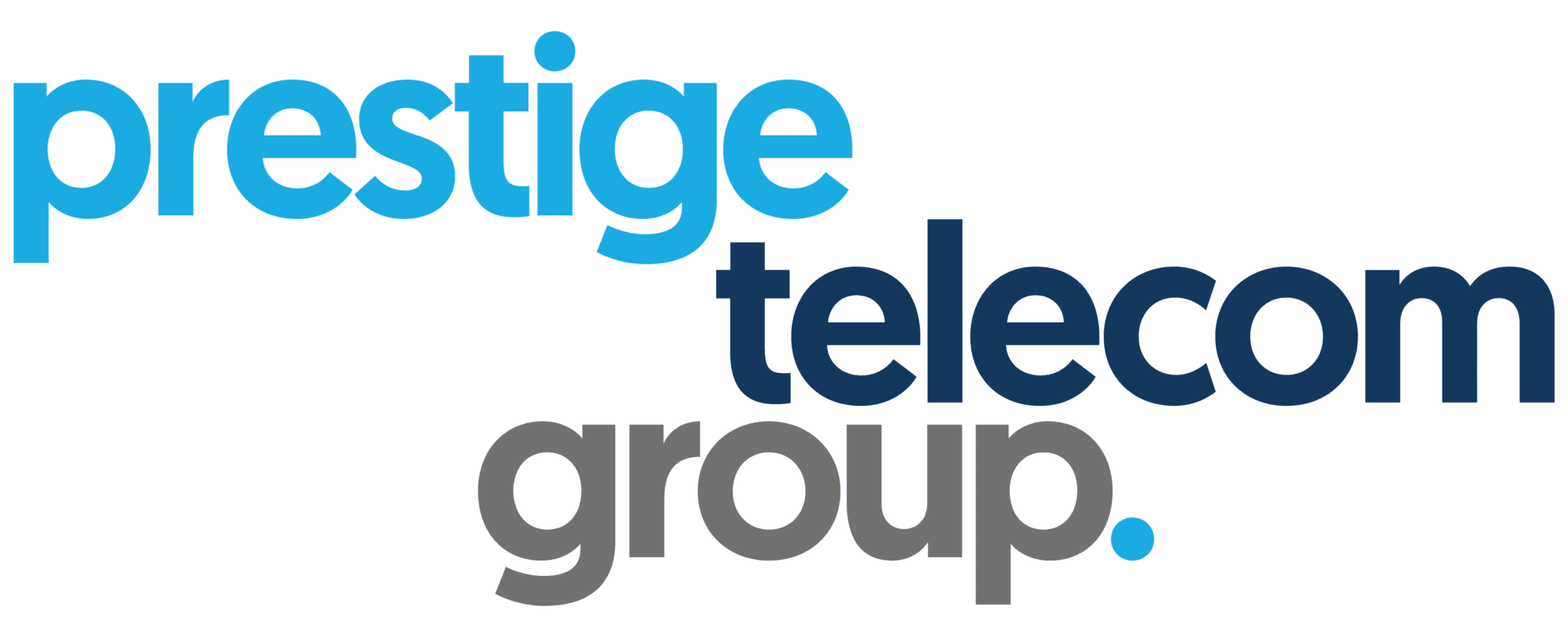Leased lines have been the go-to solution for businesses in need of reliable and secure internet connectivity for many years. At their core, leased lines are dedicated connections that provide a direct link between two locations, allowing for fast and consistent data transfer. Unlike traditional broadband connections, leased lines offer a symmetrical connection, meaning that upload and download speeds are equal, making them ideal for businesses that rely on cloud-based applications and services.
One of the main advantages of leased lines is their reliability. With dedicated bandwidth, leased lines are not affected by other users on the network, ensuring consistent speeds and minimal downtime. Plus, leased lines are often backed by service level agreements (SLAs) that guarantee a certain level of uptime, making them an attractive option for businesses that require a high level of connectivity.
Another benefit of leased lines is their security. As the connection is dedicated, it is not shared with other users, reducing the risk of cyber attacks and data breaches. This is particularly important for businesses that handle sensitive data, such as financial information or personal details. With leased lines, businesses can rest assured that their data is safe and secure.
Why Leased Lines?
Leased lines are the gold standard for business internet connectivity, and for good reason. They offer a number of advantages over other types of internet connections, making them the ideal choice for businesses of all sizes.
Leased lines offer guaranteed bandwidth, which means that businesses can rely on a consistent and stable internet connection. This is particularly important for businesses that rely heavily on the internet for day-to-day operations, such as those in the technology or e-commerce sectors. With a leased line, businesses can be confident that they will always have the bandwidth they need to operate efficiently.
Also, leased lines are highly secure. Unlike standard broadband connections, which are shared with other users, leased lines are dedicated connections that are used exclusively by the business that has leased them. This means that businesses can be confident that their data is safe and secure, and that they are not at risk of any security breaches or data theft.
Leased lines also offer symmetrical bandwidth, which means that the upload and download speeds are the same. This is particularly important for businesses that need to upload large amounts of data, such as those in the media or creative industries. With a leased line, businesses can upload and download files quickly and efficiently, without any lag or delays.
Plus, leased lines offer a high level of reliability. Because they are dedicated connections, they are not affected by issues that can affect standard broadband connections, such as contention ratios or network congestion. This means that businesses can rely on a consistently high level of service, without any interruptions or downtime.
These factors make leased lines the gold standard for business internet connectivity, offering guaranteed bandwidth, high security, symmetrical bandwidth and high reliability. They are the ideal choice for businesses that rely heavily on the internet for day-to-day operations, and offer a number of advantages over other types of internet connections.
The Gold Standard for Business Internet Connectivity
As businesses continue to rely more heavily on internet connectivity, the need for a reliable and secure connection has become increasingly important. While there are many options available, leased lines have become the gold standard for business internet connectivity.
Reliability and Consistency
One of the main advantages of leased lines is their reliability and consistency. Unlike other internet connections that are shared with other users, leased lines provide a dedicated connection between your business and the internet. This means that you don’t have to worry about slow speeds or dropped connections during peak usage times.
Leased lines also offer a guaranteed level of service, known as a Service Level Agreement (SLA). This ensures that your connection will be up and running at all times, and any issues will be resolved quickly.
Scalability and Flexibility
Another advantage of leased lines is their scalability and flexibility. As your business grows, your internet connectivity needs may change. Leased lines can easily be scaled up or down to meet your changing requirements.
Leased lines also offer the flexibility to choose the bandwidth that best suits your business needs. This means that you can choose a bandwidth that is tailored to your specific requirements, rather than being limited to a set amount of bandwidth like other internet connections.
Security and Privacy
Leased lines also offer a high level of security and privacy. Because leased lines are dedicated connections, you don’t have to worry about sharing your connection with other users. This means that your data is more secure and less likely to be intercepted by hackers.
Leased lines also offer the option to add additional security measures, such as firewalls and encryption, to further protect your data. This is particularly important for businesses that handle sensitive information, such as financial or personal data.
Leased lines are the gold standard for business internet connectivity due to their reliability, scalability, flexibility, security, and privacy. If your business relies heavily on internet connectivity, a leased line may be the best option for you.
Leased Lines Vs Other Internet Services
Comparison with Broadband
When it comes to internet connectivity, businesses have several options to choose from. One of the most common choices is broadband, which is a type of internet service that uses existing telephone lines or cable networks to provide internet access. However, leased lines offer several advantages over broadband.
Leased lines provide dedicated bandwidth, which means that the connection is not shared with other users. This ensures that businesses can enjoy consistent speeds and reliable connectivity, even during peak hours. In contrast, broadband speeds can fluctuate depending on the number of users accessing the network at any given time.
Plus, leased lines offer symmetrical speeds, which means that the upload and download speeds are the same. This is particularly important for businesses that rely on cloud-based applications or need to transfer large files frequently. Broadband, on the other hand, typically offers faster download speeds than upload speeds.
Comparison with Fibre
Fibre optic broadband is another popular choice for businesses that require fast and reliable internet connectivity. Unlike traditional broadband, fibre optic broadband uses fibre optic cables to transmit data, which allows for faster speeds and greater bandwidth.
However, leased lines still offer several advantages over fibre optic broadband. Leased lines provide dedicated bandwidth, which ensures consistent speeds and reliable connectivity. In contrast, fibre optic broadband speeds can still be affected by the number of users accessing the network.
Leased lines also offer higher levels of security than fibre optic broadband. Leased lines are typically encrypted and can be configured to provide secure connections between different locations. This is particularly important for businesses that handle sensitive data or need to comply with data protection regulations.
Whilst broadband and fibre optic broadband are popular choices for businesses, leased lines offer several advantages over these services. Leased lines provide dedicated bandwidth, symmetrical speeds, and higher levels of security, making them the gold standard for business internet connectivity.
Choosing the Right Leased Line Provider
When it comes to leased lines, choosing the right provider is crucial. Here are some factors to consider:
Factors to Consider
- Bandwidth Requirements
Before choosing a leased line provider, it’s important to assess your bandwidth requirements. Make sure you choose a provider that can offer the bandwidth you need to meet your business needs.
- Service Level Agreements (SLAs)
When it comes to leased lines, service level agreements (SLAs) are critical. SLAs define the level of service you can expect from your provider, including uptime guarantees, response times, and more. Make sure you review the SLAs of any provider you’re considering to ensure they meet your business needs.
- Scalability
Your bandwidth requirements may change over time, so it’s important to choose a provider that can scale up or down as needed. Make sure you discuss scalability with any provider you’re considering.
- Price
Of course, price is always a consideration. Make sure you compare the prices of different providers to ensure you’re getting a good deal. Keep in mind that the cheapest provider may not always be the best choice.
Provider Reputation
As well as the factors above, it’s important to consider the reputation of any provider you’re considering. Look for a provider with a solid track record of providing reliable, high-quality service. Check online reviews and ask for references from other businesses that have used their services. A reputable provider should be happy to provide references and answer any questions you may have.
At Prestige Telecom Group, we provide exclusive internet access via leased lines, and have experience in helping our customers integrate these solutions into their businesses. Contact us today to discover how our team can help you benefit from leased lines.





